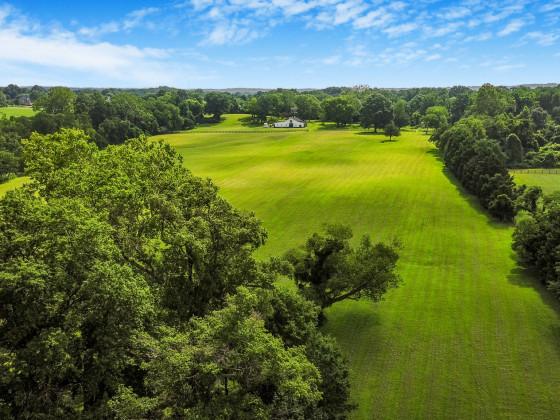What's Hot: A First Look At Friendship Commons, The Big Plans To Redevelop Former GEICO Headquarters
 Anacostia: A Neighborhood, Not a Region
Anacostia: A Neighborhood, Not a Region
✉️ Want to forward this article? Click here.
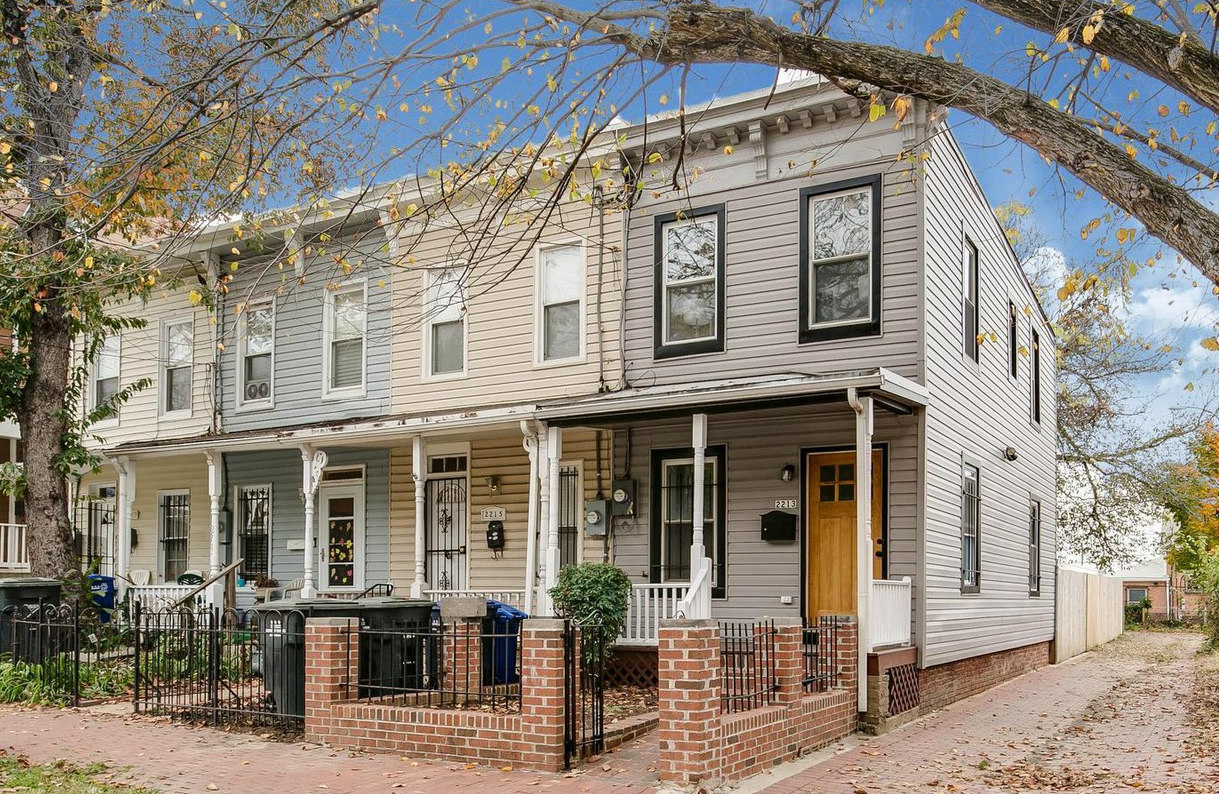
In 2013, Adele Robey had a problem: She needed a theatre.
After 11 years along the H Street Corridor, the H Street Playhouse was being forced to move in the wake of rising rents. So, on the suggestion of a developer, Robey and the rest of her team started looking for space across the Anacostia River.
Robey was quite familiar with Anacostia as she is a resident and her late husband was born in the neighborhood.
“It didn’t hold the same negative perceptions for me as it did—and still does—for many,” Robey told UrbanTurf.
Robey was shown a space at 2020 Shannon Street SE—a warehouse with high ceilings—a far cry from the low ceilings and duct work of her H Street location. Robey loved the space and later that summer, the H Street Playhouse reopened as the Anacostia Playhouse. Then another problem arose: the perception of the neighborhood.
“The continued negativity was the problem,” Robey said. “But we figured if we could get folks to come over the newly refinished 11th Street Bridge, they’d realize just how convenient we were.”
A fierce struggle faces Anacostia between potential and perception. The neighborhood has long fought against its reputation as being both removed from the rest of DC (thanks to the Anacostia River) and a less-than-desirable place to live. Robey and her theatre company are part of the vanguard who are working hard to show naysayers what they’re missing out on.
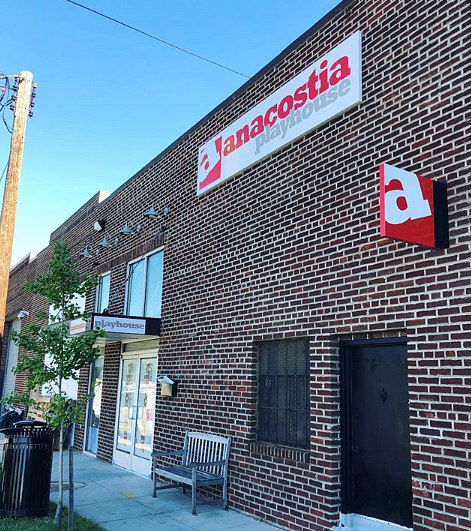
Renita Simril has called Anacostia home since 1980 when she bought a house on Bangor Street SE. Before that, she spent some of her childhood in a home adjacent to the Frederick Douglass National Historic Site.
“As a kid, I used to walk by the house on Bangor Street and tell my friends I was going to live there one day,” Simril recalls. In the years since she purchased the house, she’s noticed a lot of changes in the neighborhood.
“Now that things are happening over here, we’re becoming part of the city,” she said. “Growing up, it felt like we were separate. I was bussed to school in Northwest and some of the kids would call me a ‘river rat.’”
story continues below
loading...story continues above
Despite the March 2019 opening of a Busboys and Poets on Martin Luther King Jr. Avenue SE, residents are craving more.
“We still have no amenities to walk to,” Robey said. “No CVS, no coffee shop, no hardware store.”
Grocery stores are also something of a rarity in neighborhoods east of the Anacostia River, with residents having to rely on small corner markets like the Fresh Food Factory and Anacostia Market. The closest big grocery store is a Safeway in nearby Naylor Gardens, though a Lidl is expected to be part of the Skyland Town Center development project.
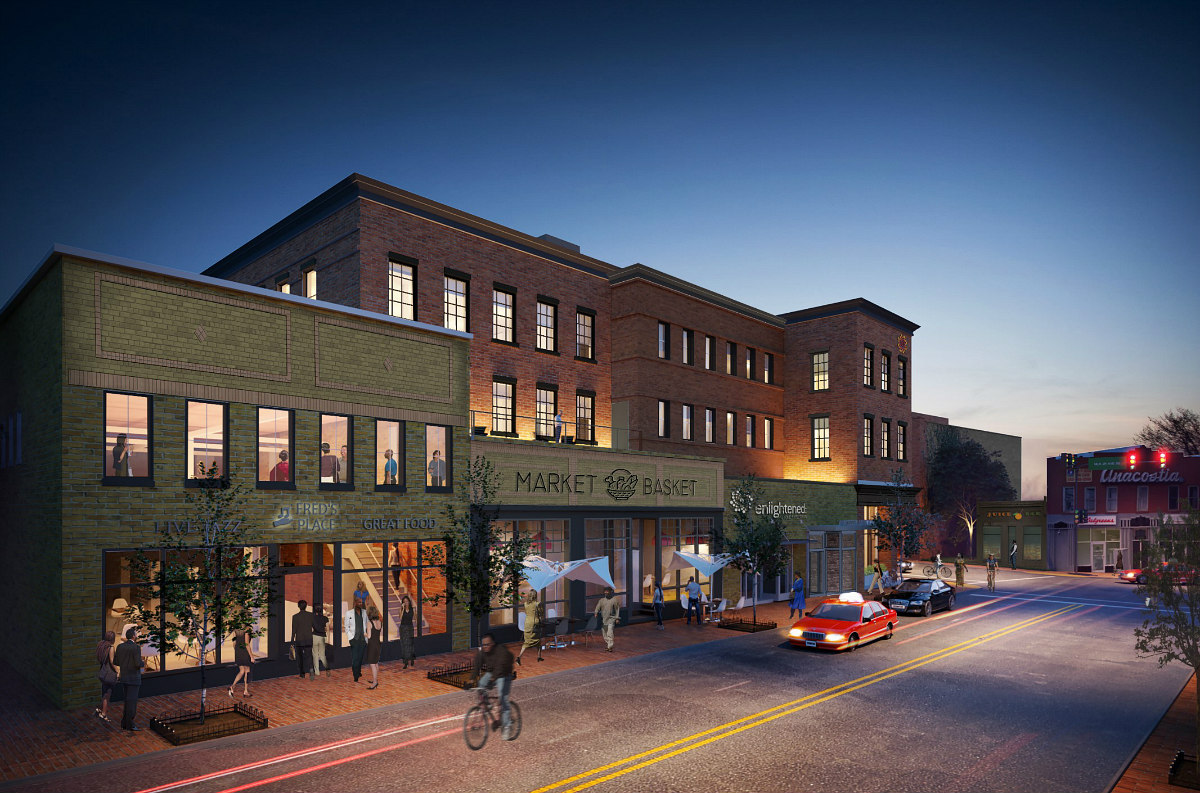
The office and residential buildings that can be found throughout other areas of the city are expect to arrive in Anacostia soon. MLK Gateway, a project to add 20,000 square feet of office space and 15,000 square feet of retail space at the corner of Good Hope Road SE and Martin Luther King Jr. Avenue SE is now underway. Other projects, like the Reunion Square development that aims to bring more office space, retail, and a hotel to the neighborhood, are moving in fits and starts.
Other changes are also occurring. The 11th Street Bridge, undergoing a radical transformation, is expected to be complete in 2023. The Anacostia River, a punchline for jokes about polluted urban waterways, could be “swimmable and fishable” by 2025, according to the Anacostia Watershed Society.
Even crime, while still an issue in the neighborhood, is on the decline. According to Metropolitan Police Department statistics, the overall number of crimes reported in Ward 8 between November 2010 and December 2019 has fallen.
Simril, who operates a child care center in the neighborhood, says she never worries about the safety of her kids.
“We all take care of each other,” she told UrbanTurf. “And with people protesting about crime, it’s making a big difference."
A Neighborhood, Not a Region
Anacostia is the name of a distinct neighborhood, not the entire area east of the Anacostia River.
The boundaries of Anacostia are largely considered to be Good Hope Road SE, the neighborhood streets bordering the woods near Fort Stanton Recreation Center, Howard Road SE, and a winding stretch of I-295.
Anacostia’s geographical position on a rise next to the Anacostia River means that some residents who live in the area’s southwestern hills get to enjoy spectacular views of DC year-round.
One of the more distinctive sites to let you know that you have arrived in Anacostia is the Big Chair, located on Martin Luther King Jr Avenue SE between W Street and V Street.
Built and installed by furniture companies in 1957, the massive chair is crafted from mahogany and weighs an astounding 4,000 pounds. (An accompanying plaque describes it as “the world’s largest chair.”)
“It’s our landmark,” Simril said.
Early History
In 1854, Anacostia was incorporated into the District of Columbia as one of the city’s first suburbs, known as Uniontown. For much of its history, the Anacostia Historic District was home to working-class families, many of whom were employed just across the river at the Navy Yard. In 1886, the neighborhood name was changed to Anacostia.
American history is intricately linked with the story of Anacostia. Frederick Douglass lived in the neighborhood between 1887 and 1895 at the Cedar Hill estate. The unemployed World War I veterans who marched on Washington in 1932, the “Bonus Army,” established a camp in Anacostia that was subsequently destroyed by the U.S. Army.
After World War II, with the construction of new homes in the suburbs surrounding the city, Anacostia’s demographics shifted from predominantly white to predominantly African-American.
Prices on the Rise
In 2002, real estate agent Darrin Davis left Capitol Hill for Anacostia. He bought a semi-detached home that was such a shell it didn’t even have floors.
“I bought it for $8,000,” Davis said. “It was appraised last year at $338,000.” That price puts it on par with the price for a move-in-ready single family home in the neighborhood these days.
The average price of a single-family home with two bedrooms and two bathrooms is $324,000, a significant increase from $260,000, which was the median price when UrbanTurf first profiled Anacostia several years ago.
“Prices are going up fast,” Davis told UrbanTurf. “Not nearly as high as they are in spots like Petworth or Capitol Hill, but still—who would have thought there’d be a $500,000 property in Anacostia?”
Housing stock in the neighborhood ranges from classic Victorian and Queen Anne houses to contemporary rowhomes and brick public housing projects. Not to mention the numerous new living options that are coming Anacostia’s way in the near future—many of which are targeted toward low-income households.
These include 71 new units at 2255 Martin Luther King Jr. Avenue (delivering in 2022), an estimated 690 apartments at Columbia Quarter (adjacent to the Anacostia Metro station), and 500 apartments at the massive Skyland Town Center development just a few blocks east of the neighborhood.
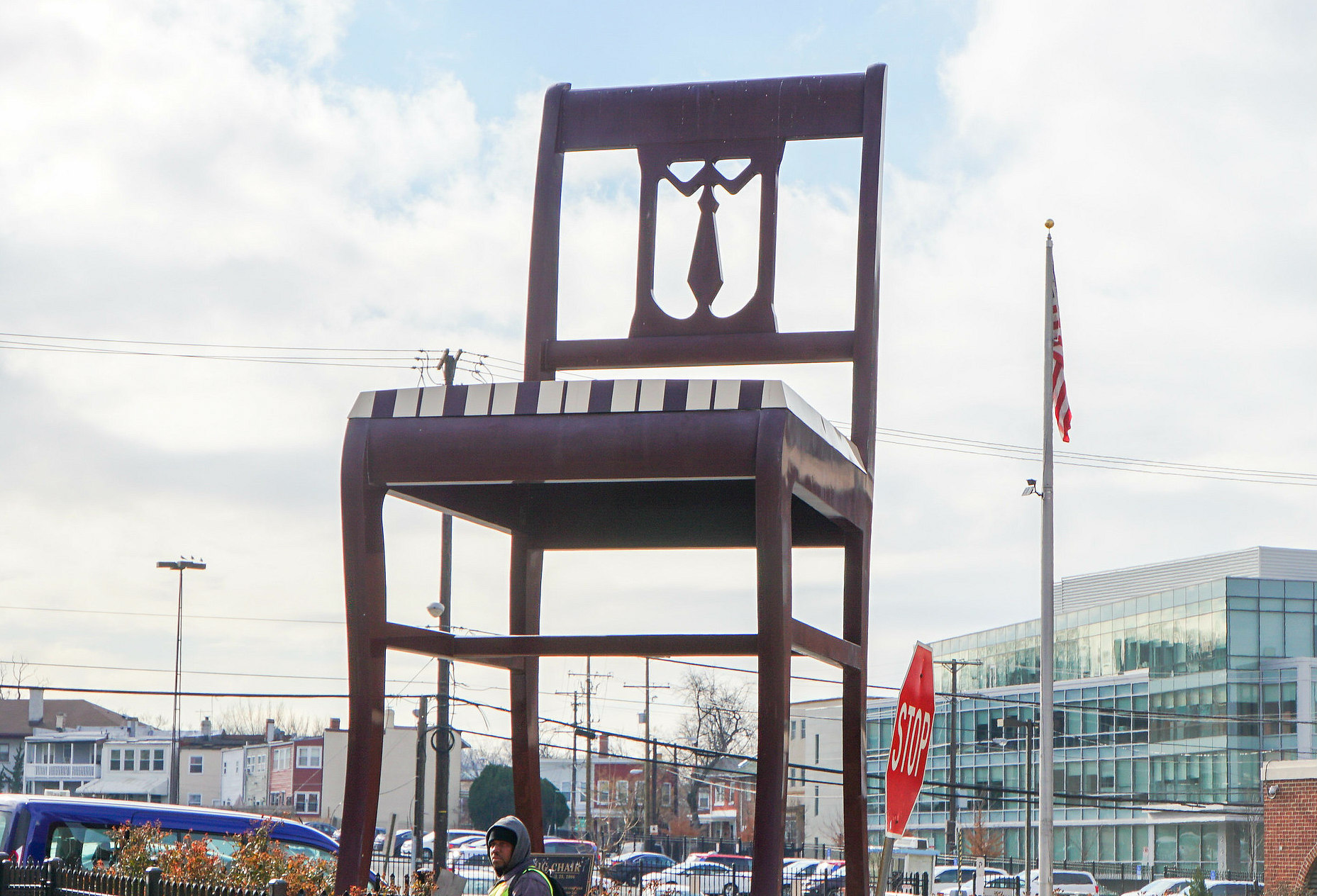
Five Things to Do
- Frederick Douglass National Historic Site -- Abolitionist Frederick Douglass spent the last 17 years of his life at Cedar Hill, which has turned into a national historic site that offers guided tours and special events.
- Anacostia Park -- Stretching over 1,200 acres along the Anacostia River, this national park has enough outdoor activities to satisfy anyone, including a roller skating rink, a 3.5-mile Riverwalk Trail, playgrounds, basketball courts, and public access to the river.
- Kenilworth Park and Aquatic Gardens -- A subsection of Anacostia Park, Kenilworth Park and Aquatic Gardens is one of the most overlooked spots in DC. Open year-round, the park’s ponds and gardens are home to natural wonders you can’t see anywhere else.
- Smithsonian Anacostia Community Museum -- Dedicated to preserving both local Anacostia history and the larger history of African Americans, the Anacostia Community Museum is a vital resource for understanding the story of urban communities.
- Anacostia Playhouse -- In its new home for more than six years, the Anacostia Playhouse is bringing the arts scene to the neighborhood. Here, you can find innovative new dramatic productions as well as delightful children’s programming.
Easy Connections
Transportation in Anacostia is especially important given how reliant residents remain on other parts of the region for urban luxuries and amenities that DC neighborhoods take for granted. But it doesn’t bother residents like Davis too much.
“Anacostia has easy access to all the major thoroughfares,” Davis explained. “We’re really close to the new restaurants opening in Barracks Row and Navy Yard and National Harbor.”
Despite being separated from the rest of DC by the curves of its namesake river, Anacostia offers an easy connection to some of the region’s most important roads. From anywhere in the neighborhood, you can reach I-695, I-295, Pennsylvania Avenue, and Suitland Parkway. The only downside to being so close to so many major roads: If you hit any of them during rush hour, you’ll need your patience.
There are also a number of public transportation options in the neighborhood. There’s the Anacostia Metro Station, which serves the Green Line, and several major bus routes that take commuters into the heart of the city. Popular routes include the 92, the B2, and the W series. There are also several Capital Bikeshare stations located along Good Hope Road SE.
The Bottom Line
When the Reunion Square development project delivers, it will also host the new home of the Anacostia Playhouse—which means Robey’s current location is expected to be demolished.
At least, that’s the plan as of today.
“The story changes daily,” she said. “But we just get up every day and do our job.”
With so many changes in the works, UrbanTurf will have to check back in several years to see whether the investments of Robey, Simril, and others have paid off in this misunderstood neighborhood across the river.
Zak M. Salih is a freelance writer based in Washington, D.C. His work has appeared in publications including Washington City Paper, the Richmond Times Dispatch, Baltimore City Paper, the Chicago Tribune, and the Christian Science Monitor.
Recent Neighborhood Profiles:
- Shaw: History Repurposed
- Carver-Langston: Calm on the Northeast Front
- National Landing: Brought To You By Amazon
- Ivy City: Industrial to Industrial Chic
- Fort Lincoln: Of Cannons and Costco
- Eckington: Industrial Past, Commercial Future
- Woodley Park: Still Charming, Still Exclusive
- Wheaton: A Vital Neighborhood Revitalizing
- Mount Vernon Triangle: A Nexus Neighborhood in Need of Green
- Rosedale: Don't Call it an Extension of H Street
- Adams Morgan: From Adolescence to Adulthood
- LeDroit Park: Behind the Gate, Trustees of History
- Van Ness: Main Street on a Mission
- Eastern Market: A Historic Neighborhood in Hine-sight
- Bethesda: Soon Brought to You By the Letter M
- Georgetown: What Will the Future Bring?
- Cleveland Park: Respecting the Past, Debating the Future
- U Street Corridor: Weekday Strollers, Weekend Warriors
- Penn Quarter: Chinatown Falling, CityCenter Rising
- Shepherd Park: Waiting for Walter
- Logan Circle: A Tale of Two Eras
- H Street Corridor: From New West to Old East
See other articles related to: anacostia, east of the river, historic anacostia, hoods
This article originally published at http://dc.urbanturf.production.logicbrush.com/articles/blog/anacostia-a-neighborhood-not-a-region/16368.
Most Popular... This Week • Last 30 Days • Ever

Today, UrbanTurf is taking a look at the tax benefits associated with buying a home t... read »

On Thursday night, developer EYA outlined its plans at a community meeting for the 26... read »
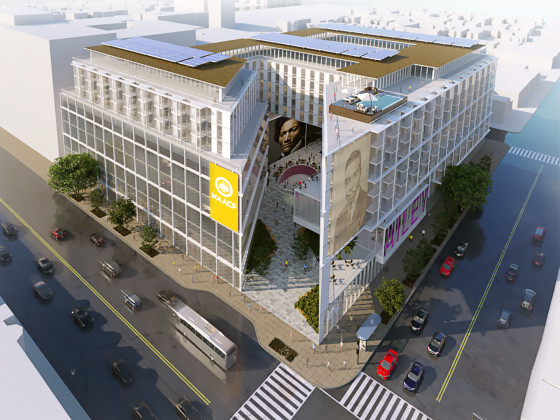
Only a few large developments are still in the works along 14th Street, a corridor th... read »
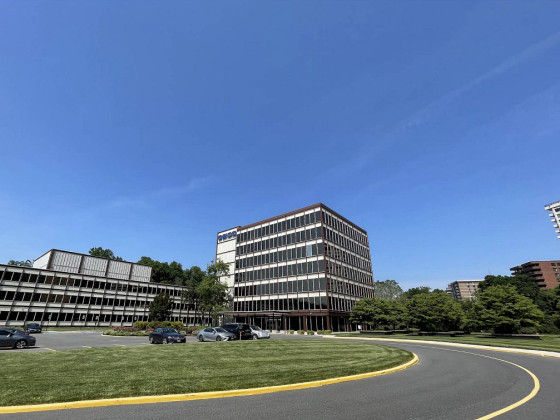
EYA and JM Zell Partners have plans for 184 townhomes and 336 apartments spread acros... read »
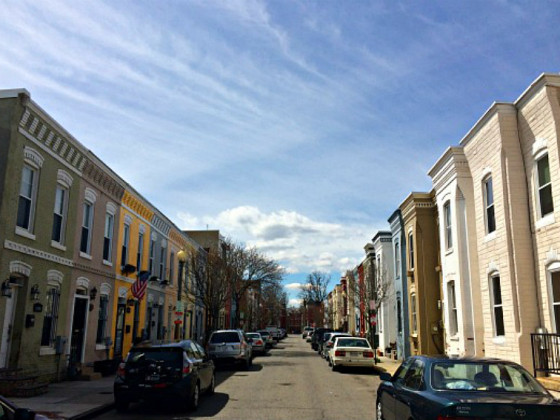
Today, UrbanTurf is taking our annual look at the trajectory of home prices in the DC... read »
- A Look At The Tax Benefits of Buying a Home Through a Trust
- A First Look At Friendship Commons, The Big Plans To Redevelop Former GEICO Headquarters
- Church Street, U Street + Reeves: A Look At The 14th Street Development Pipeline
- 520 Residences Planned For Former GEICO Campus In Friendship Heights
- The 10-Year Trajectory Of DC-Area Home Prices In 4 Charts
DC Real Estate Guides
Short guides to navigating the DC-area real estate market
We've collected all our helpful guides for buying, selling and renting in and around Washington, DC in one place. Start browsing below!
First-Timer Primers
Intro guides for first-time home buyers
Unique Spaces
Awesome and unusual real estate from across the DC Metro









